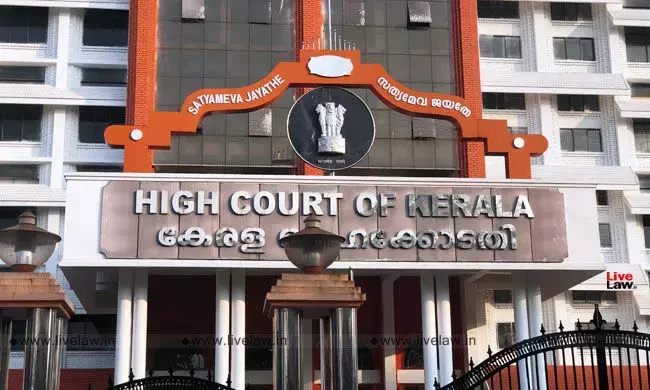Defer Online Film Reviews For 48 Hours After Release : Amicus Curiae Tells Kerala High Court
Rubayya Tasneem
12 March 2024 4:02 PM IST

Next Story
12 March 2024 4:02 PM IST
The Amicus Curiae in a matter relating to "review bombing" of films has told the Kerala High Court the need for guidelines to govern movie reviews of social media influencers on online platforms which can not only protect the integrity of the filmmaking process but also safeguard the interests of the audience. The report suggested measures including a 48 hour waiting period for reviews...
